SUMMARY
This is AI generated summarization, which may have errors. For context, always refer to the full article.
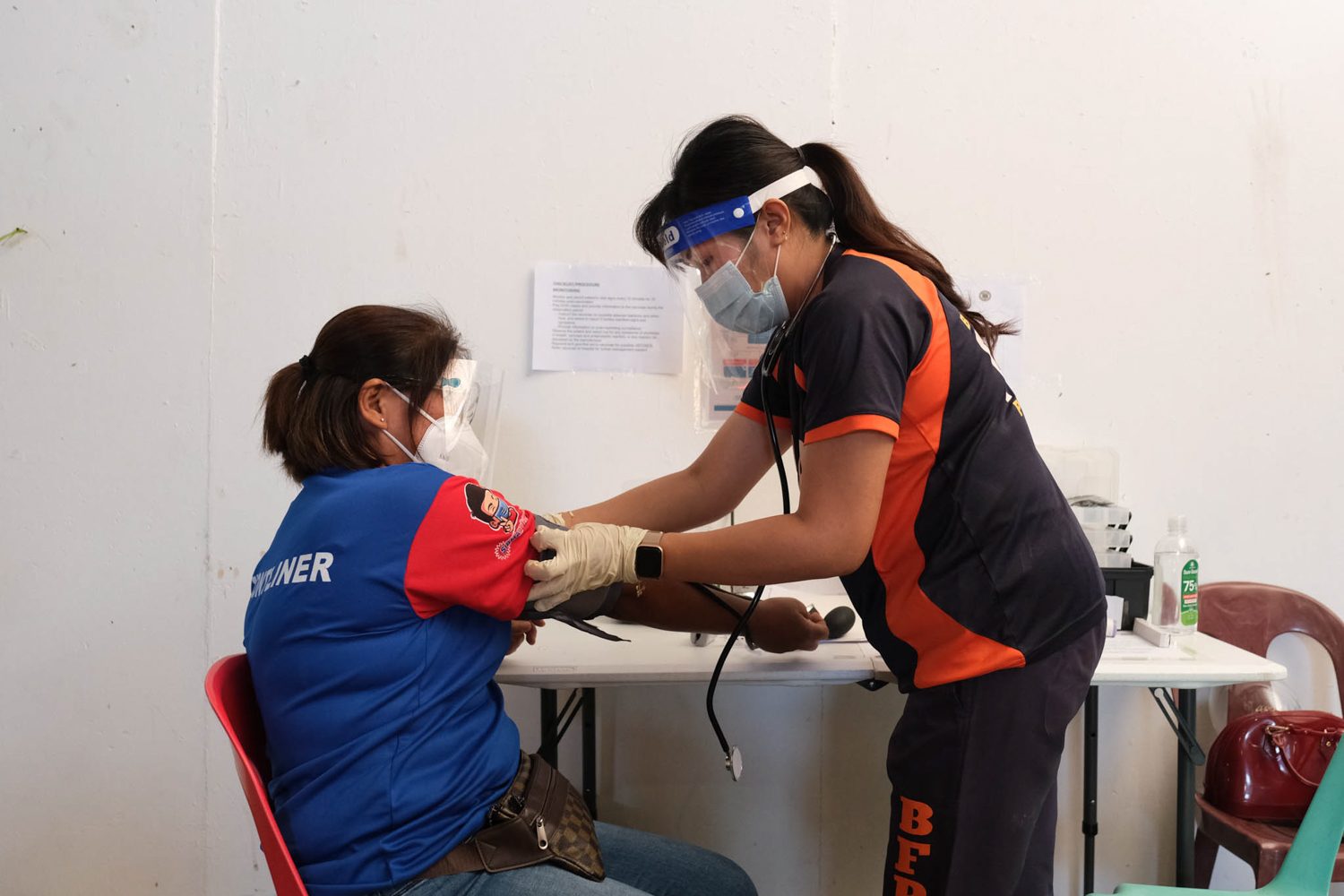
World Health Organization (WHO) Philippines Representative Rabindra Abeyasinghe denied the Philippines was being asked for specific requirements in its indemnification agreement with vaccine firm Pfizer due to the Dengvaxia dengue controversy.
This is contrary to claims made by vaccine czar Carlito Galvez Jr who earlier said that arrest warrants issued in relation to the Dengvaxia scandal in the Philippines impacted the government’s negotiation efforts with manufacturers.
Galvez attributed the delay in vaccine procurement to the Dengvaxia issue. He told reporters, “The situation changed. We have to understand. What happened with the warrants of arrest for Sanofi, it has great implications on our procurement, really.” He added that the arrest warrants announced last February 1 “changed everything.”
But In a virtual briefing on Tuesday, February 23, Abeyasinghe clarified the Philippines was instead asked to sign onto a “standard” indemnification agreement similar to those presented to different countries receiving the COVID-19 vaccine developed by Pfizer and BioNTech.
“Let me clarify that the requirements and standard agreements are common to all countries. They’re not specific to the Philippines, and they are not related to any issue that happened in the country relating to Dengvaxia or anything else,” he said when asked if the Philippines was being asked for special indemnity requirements.
Abeyasinghe made the statement after the rollout of the Philippines’ COVID-19 vaccination had been delayed due to paperwork on indemnification agreements required by manufacturers as vaccines are still under emergency use authorization worldwide.
The Philippines earlier targeted to start its vaccination campaign by February 2021, with initial doses of Pfizer and AstraZeneca’s COVID-19 vaccine supplied by the WHO’s COVAX facility.
What’s the status of delivery now?
Abeyasinghe said the issues raised between Pfizer and the Philippine government included the need for an indemnification law in the Philippines as well as “several minor clauses” in a letter detailing indemnification requirements.
Philippine lawmakers were seeking to address the need for legislation on indemnification with the passage of bills creating an indemnification fund for adverse events following immunization. The House of Representatives passed its version of the measure on Monday, February 23, while the Senate passed a counterpart bill on Tuesday.
As to requirements listed in a letter between the Philippines and Pfizer, the WHO said Philippine officials received documents on these details Tuesday morning.
“So maybe today or tomorrow we will see a resolution of that impasse and maybe there’ll be room to hear about when potential vaccine deliveries can happen,” Abeyasinghe said.
As for initial AstraZeneca doses coming from the COVAX facility, Abeyasinghe said the Department of Health had supplied “all letters necessary” to access supplies part of an early rollout of the vaccine. AstraZeneca, he added, did not require a further exchange of letters on the indemnification requirement.
Abeyasinghe said the WHO remained optimistic it would pin down an initial date of AstraZeneca’s COVID-19 vaccine for the Philippines this week with doses to be sourced from those manufactured in South Korea.
Both Pfizer and AstraZeneca have secured emergency use authorization from the Food and Drug Administration with first doses to be given to frontline health workers in 32 hospitals across Manila, along with two more in Cebu City and Davao City.
As more countries across the region started the rollout of COVID-19 vaccines among their populations, health workers and local officials tasked with distributing vaccines said they were ready to start vaccinating people by the government’s targeted February rollout. Vaccine doses only need to arrive in the country. – Rappler.com
Add a comment
How does this make you feel?
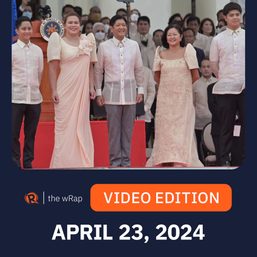
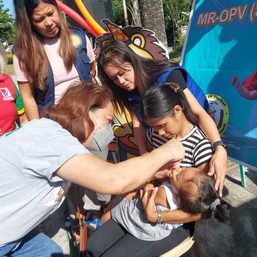
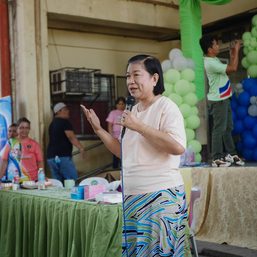
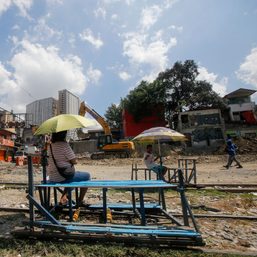
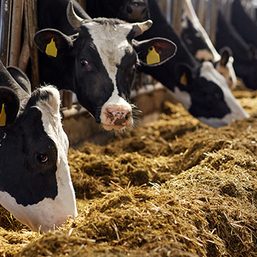
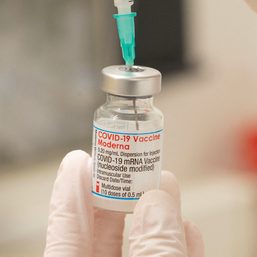
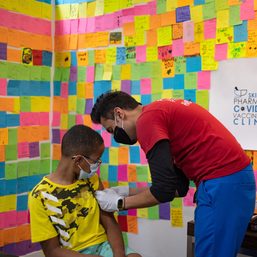
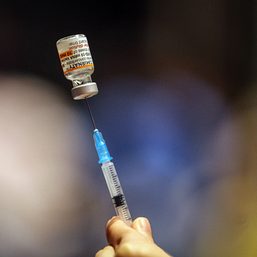
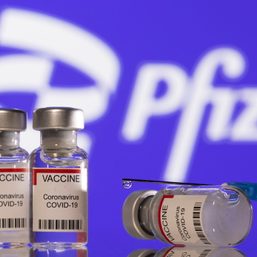
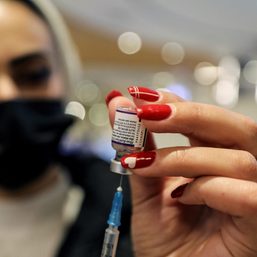

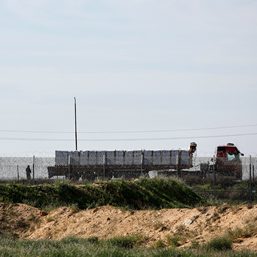
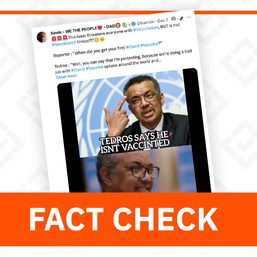
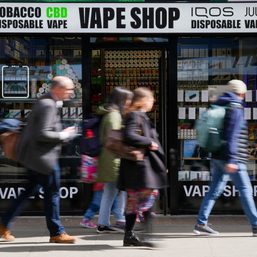
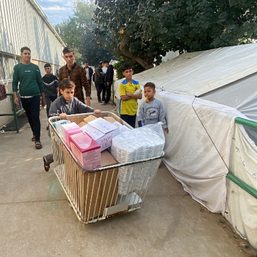
There are no comments yet. Add your comment to start the conversation.